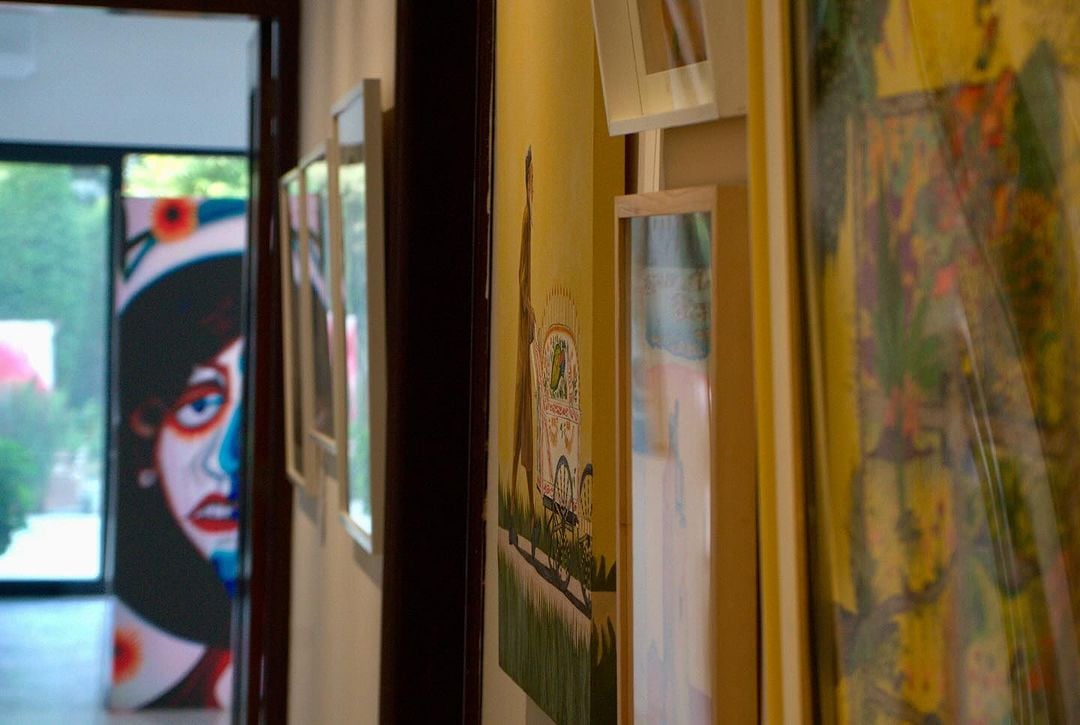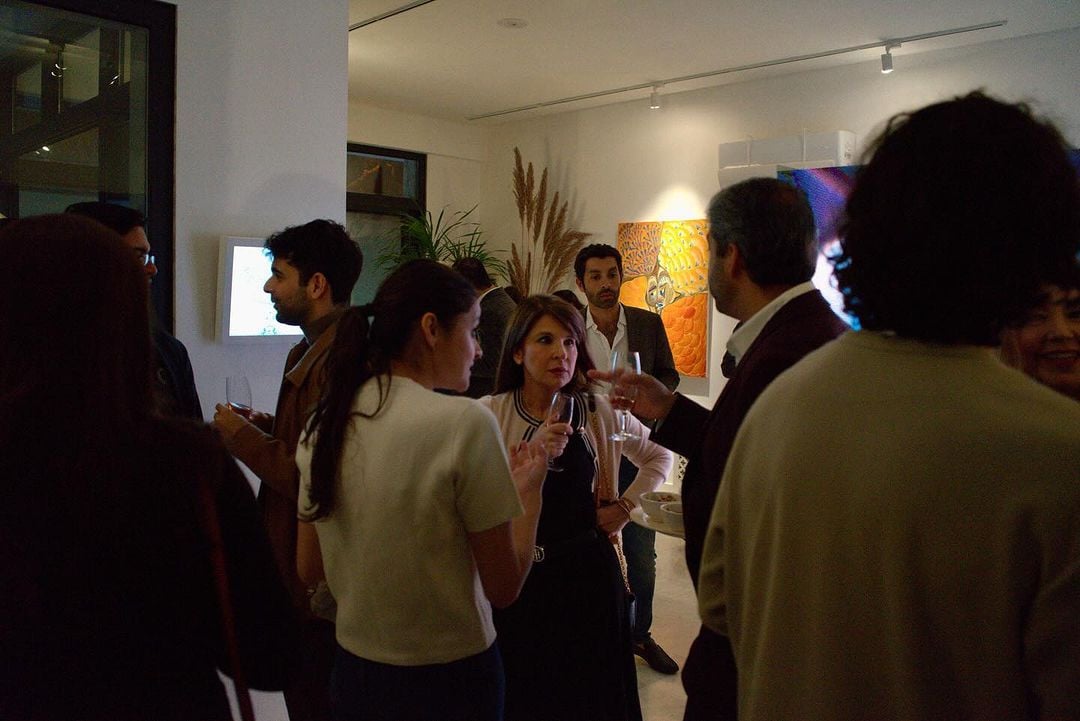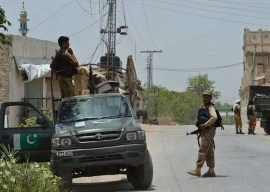
The Embassy of Denmark in Pakistan organised an impactful art exhibition in Islamabad this week, emphasising the urgent need for environmental action to address climate challenges.
The event, held at the Danish ambassador’s residence on Friday, aimed to raise awareness about the devastating effects of climate change and to promote action towards a greener future.
The exhibition, titled "Haryali" (meaning greenery in Urdu), was part of celebrations marking 75 years of diplomatic relations between Denmark and Pakistan. It also coincided with the COP29 climate conference in Baku, where global leaders have gathered to discuss climate action.

Featuring artworks from 36 Pakistani artists, the exhibition showcased sculptures and paintings that portrayed the alarming consequences of climate change and global warming. The focus was on the environmental challenges Pakistan faces, which is one of the most climate-impacted countries globally, despite contributing less than one percent of global emissions.
Denmark’s Ambassador to Pakistan, Jakob Linulf, expressed his concern over the country’s vulnerability to climate change. “Pakistan is one of the countries in the world suffering the most from climate change and action needs to be taken,” Linulf said.
He reiterated Denmark’s readiness to support Pakistan in its transition to renewable energy, citing Denmark’s own experience in adopting solar, wind, water, and biomass energy. He noted that Pakistan has ample resources to pursue a more sustainable energy sector.

"I would love to see Pakistan transforming its energy sector into a more sustainable energy sector,” Linulf added.
Iman Bilal, a Pakistani sculptor, used her work to address the health risks posed by microplastics, urging action to mitigate environmental harm. “We’re deteriorating our health, it’s internalized,” Bilal said, highlighting the role of art in sparking action against environmental degradation.
Kareem Ahmed Khan, an artist from Hunza Valley, used his art to reflect on the devastating impact of glacial lake outburst floods (GLOFs) caused by climate change in his region. “For the past seven to eight years, I’ve been working to highlight the impact of climate change on my region,” Khan said.
Prime Minister Shehbaz Sharif, who participated in various discussions at COP29, used the platform to emphasise the importance of restoring trust in the climate finance system and increasing financial support for vulnerable countries like Pakistan.
The exhibition was a poignant reminder of the global urgency to tackle climate change, with Denmark reaffirming its commitment to assist Pakistan in its transition towards a sustainable energy future.


1731329418-0/BeFunky-collage-(39)1731329418-0-165x106.webp)



1731771315-0/images-(3)1731771315-0-270x192.webp)










COMMENTS
Comments are moderated and generally will be posted if they are on-topic and not abusive.
For more information, please see our Comments FAQ